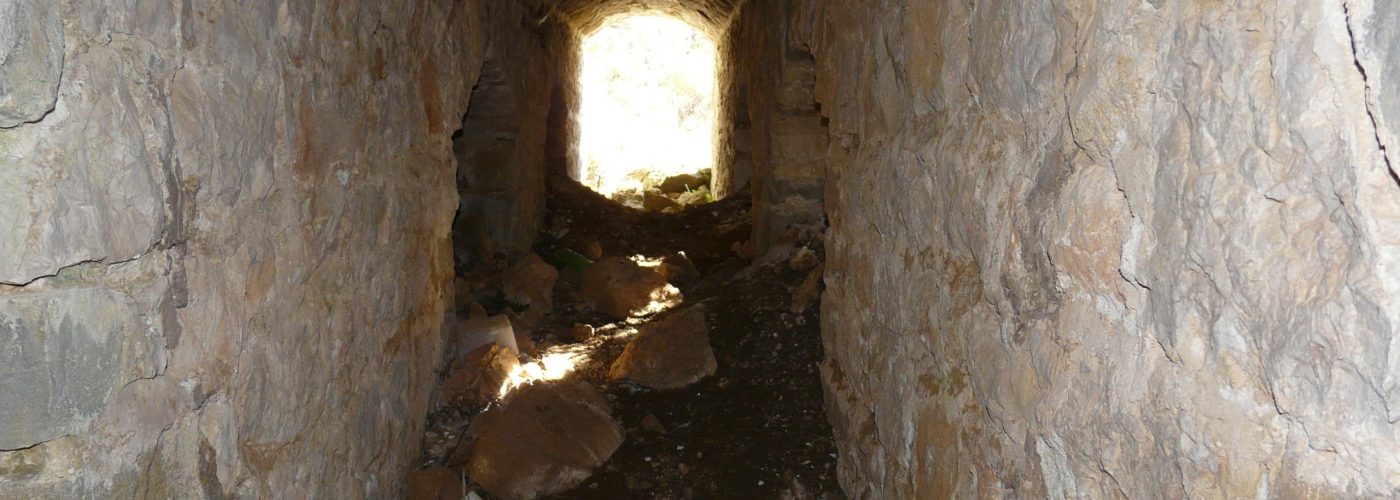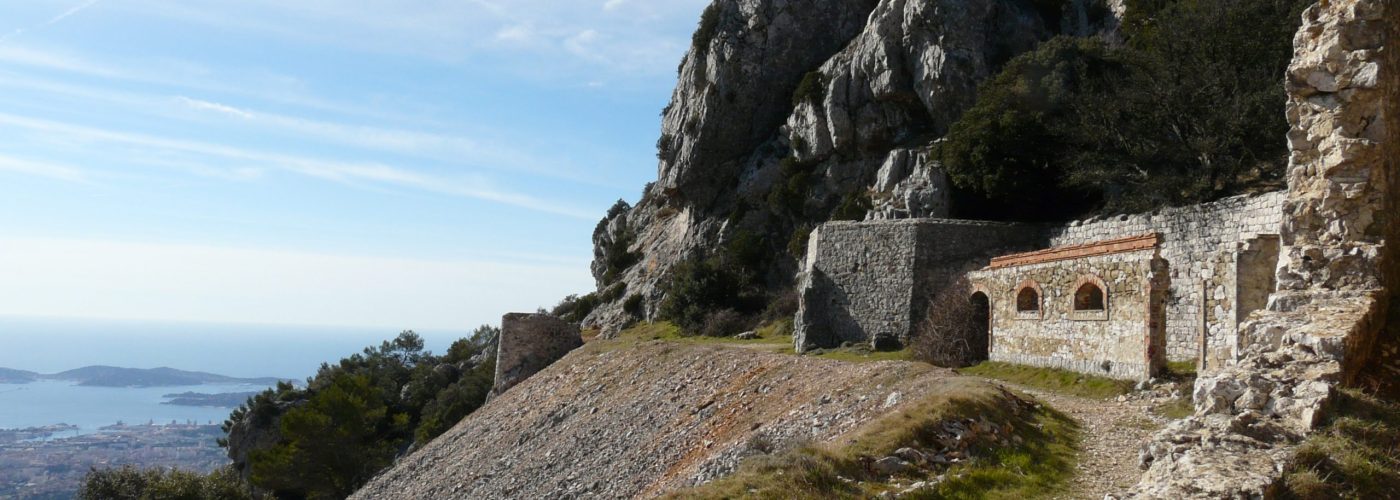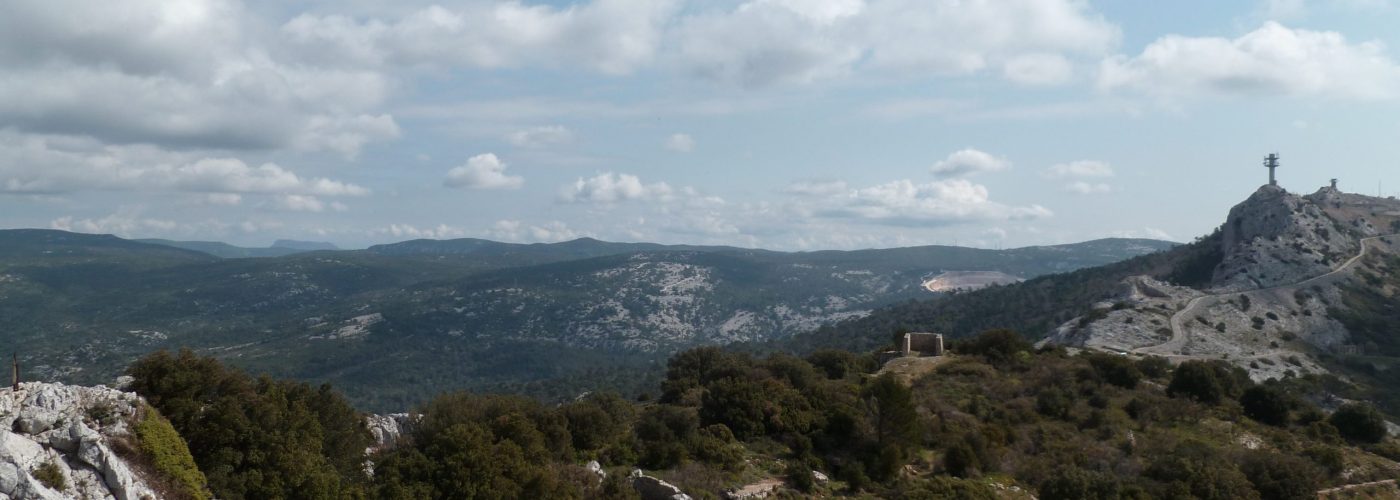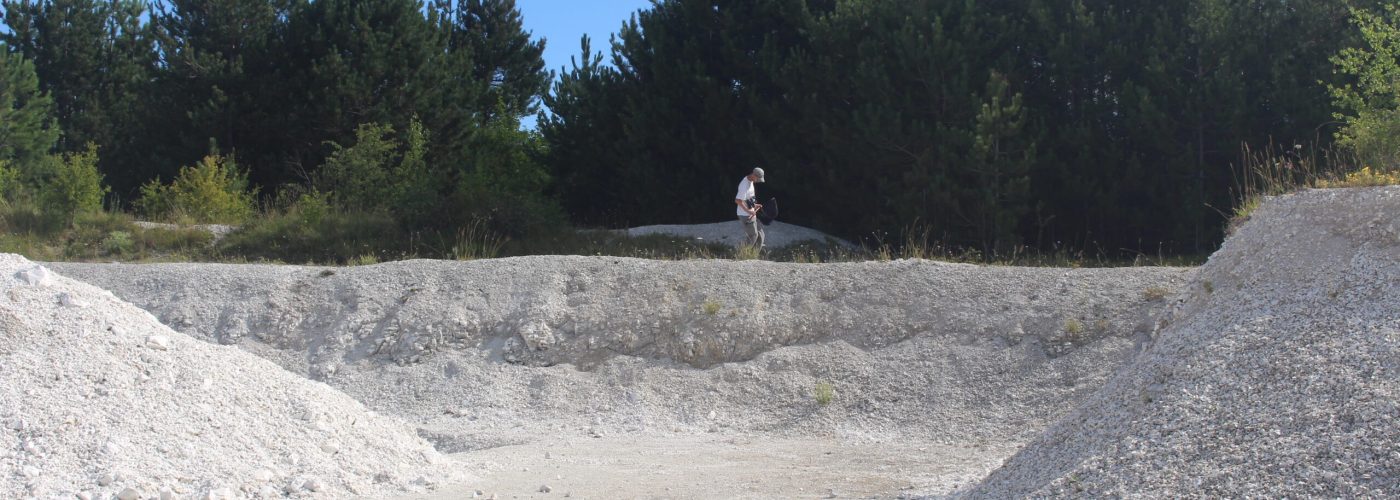
The French ministry of the Armed Forces must ensure that the French and European regulations are applied better in order to guarantee the preservation of biodiversity on military land.

Assessment of the Natura 2000 impacts
The French ministry of the Armed Forces is conducting new projects and activities in its military training areas for operational preparation purposes. On Natura 2000 sites, these projects may subject to an impact assessment procedure. The experiments conducted on the pilot sites with the Conservancies of Natural Areas (CENs) will clarify the French ministry of the Armed Forces ‘ needs in terms of ecological expertise, the points requiring vigilance to be taken into account, proposals for alternative solutions, etc. Following on from that, the French ministry of the Armed Forces will devise a national procedure to provide an improved framework and the management of the Natura 2000 impact assessments on all the military sites.
Progress so far
Over the years 2019 to 2021, experiments were conducted on all of the sites. These included 51 ecological surveys carried out by the CENs. At Montmorillon camp, for example, the Nouvelle Aquitaine CEN pre-identified the potential impacts of the works in light of the known ecological issues. The drawing up of recommendations on how to tackle the works helped to avoid some of the impacts and to attenuate others. At the Orange 115 air base, the PACA CEN is helping the base to take better account of all the different biodiversity issues related to the construction of an aviation facility known at the time of the impact assessment. In parallel, in 2021 the French ministry of the Armed Forces started work on writing a national procedure for the application of the Natura 2000 regulations on military land. This procedure will be presented in flow chart form.

Penalties for environnemental offences environnementales
The first step in this action must consist of taking stock of the environmental offences observed on military land. Today, there are environmental inspectors monitoring the land, but in spite of the measures taken, environmental damage continues to be done on certain military sites. The monitoring undertaken throughout this project will provide information on the number and types of offence committed.
The second step will involve experimenting locally with new methods in order to facilitate the work of the officers of the French Biodiversity Agency (OFB), and to step up the surveillance of the areas classified Natura 2000, as well as to raise French ministry of the Armed Forces staff’s awareness of environmental regulations.
Based on feedback on the local experiments, in the third stage the French ministry of the Armed Forces will develop a national procedure for dealing with environmental offences, in conjunction with the OFB.
Progress so far
In 2022, a local cooperation agreement between the OFB and the French ministry of the Armed Forces laid down a framework for interventions on the Champagne camps (police, training and awareness-rising, wildlife monitoring). Possibilities for interventions at Departmental and national level have also been developed.

Preservation of biodiversity on military sites no longer of use to the Ministry
Since 2008, the French ministry of the Armed Forces has sold off almost 55,000 hectares of land. The ecological value of these sites is not always taken into account when they are sold.
The French ministry of the Armed Forces will be experimenting with different ways of improving the protection of biodiversity when sites are sold off. For example, on land which cannot be sold, the French ministry of the Armed Forces will be able to sign long-term (18-year) management agreements with approved bodies such as the Conservancies of Natural Areas (CENs). At the same time, the Environmental Real Obligation (ORE) will be tested on two unused sites. Finally, certain unneeded, but unsaleable sites may be kept with future ecological compensation measures in mind.
Progress so far
The Ministry will sign its first ORE in 2022. With the assistance of the CENs, the Ministry has also begun to identify the unneeded sites that present major ecological challenges.

Avoid-reduce-compensate sequence
The French ministry of the Armed Forces often has to carry out works on sites for the operational preparation of the armed forces. When doing so, it must avoid, reduce and sometimes compensate for its own alterations made to military land. An assessment will be carried out of the implementation of the Avoid-Reduce-Compensate method (ARC) on military sites during the LIFE NaturArmy programme.
Progress so far
A first review has been conducted of the application of the ARC sequence. This will be continued and become a central feature of the second part of the project.
Project partners













